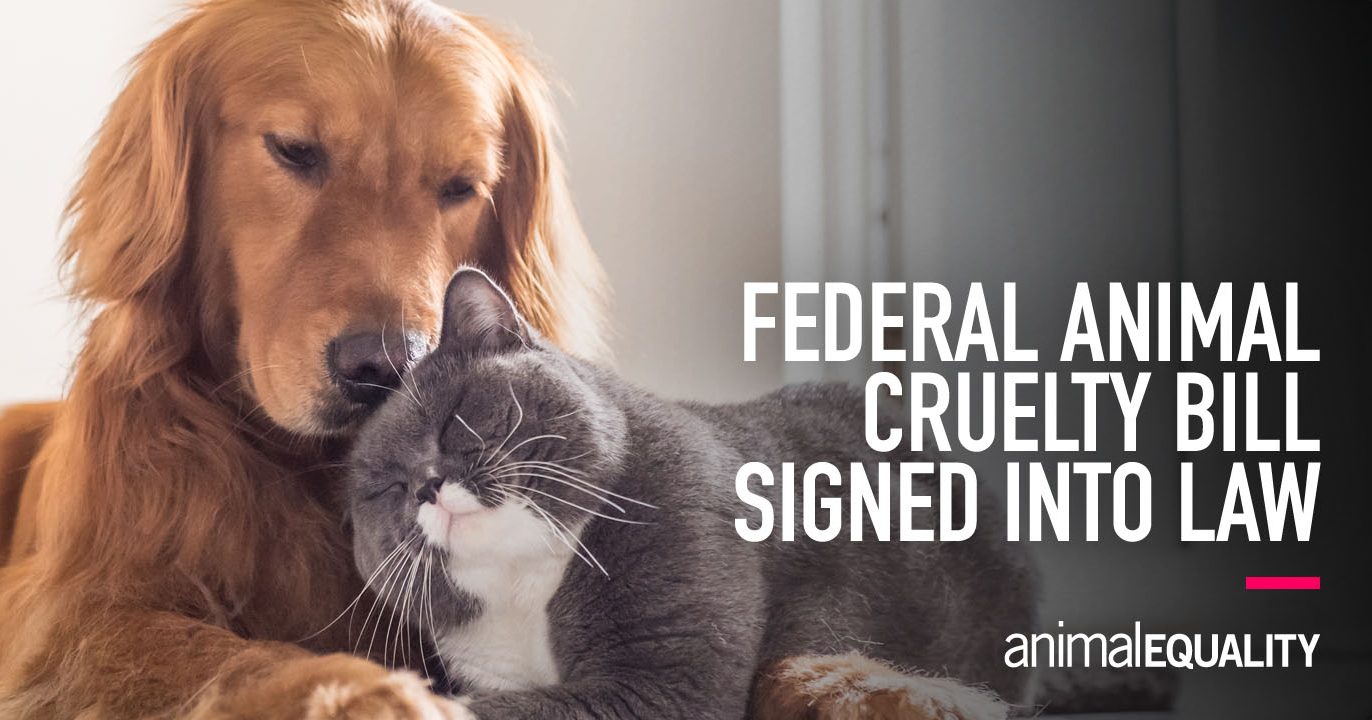Animal cruelty, a pervasive issue, evokes significant concern across the United States and beyond. As society increasingly recognizes the sentience of non-human beings, the legal frameworks addressing animal cruelty must also evolve. In examining federal questions about animal cruelty in criminal law, a plethora of nuanced considerations arises. These address the definitions of cruelty, the scope of federal jurisdiction, enforcement mechanisms, and the ethical implications rooted in our treatment of animals.
First and foremost, defining what constitutes animal cruelty is paramount. The term encompasses a wide range of actions, from neglect and abandonment to outright abuse and torture. However, the legal definitions vary considerably across states and federal statutes. In federal law, one significant piece of legislation is the Animal Welfare Act (AWA), which provides specific protections primarily to animals used in research and exhibition. Yet, it does not comprehensively cover all instances of animal cruelty. This raises critical questions about the necessity of a uniform federal standard that delineates what behaviors qualify as cruelty, thereby ensuring consistent application of justice nationwide.
In addition, the AWA’s limitations highlight a broader issue: the disparity between federal and state laws regarding animal protection. While certain states have enacted more stringent laws protecting animals, the federal government has often lagged in its response. This inconsistency can lead to a jurisdictional gray area, where heinous acts of cruelty may go unpunished due to lack of federal enforcement. In other instances, it may lead to perplexing situations where animals in thematically similar circumstances receive vastly different protections based on geographic location, underscoring a fundamental inequity in legal protections offered to them.
The scope of federal jurisdiction over animal cruelty also invites scrutiny. Given that animal cruelty often manifests at local levels, the question arises: Should federal laws apply uniformly across all states, or should states retain autonomy to legislate in ways that reflect community values and priorities? Advocates for a stronger federal presence argue that animal cruelty transcends state lines, especially in scenarios involving interstate commerce, such as transport and sale of animals. Conversely, opponents contend that local laws can better address specific societal needs and cultural attitudes regarding animal welfare.
Another vital question pertains to the enforcement mechanisms available to pursue animal cruelty offenders. While federal agencies like the Federal Bureau of Investigation (FBI) and the U.S. Department of Agriculture (USDA) have some involvement in animal welfare cases, the lack of a dedicated federal body to investigate and prosecute animal cruelty crimes poses significant challenges. Investigating such offenses often falls to state and local authorities, which may be under-resourced or lack adequate training in animal welfare issues. This gap raises concerns about the efficacy and thoroughness of investigations and prosecutions, further perpetuating a culture of impunity for offenders.
The concept of prioritizing animal cruelty within the criminal justice system also warrants scrutiny. Currently, animal cruelty is often classified as a misdemeanor, with penalties that do not reflect the severity of the crime. In some cases, perpetrators face minimal consequences even for egregious acts. This scenario breeds a troubling narrative where animals are perceived as lesser beings, their suffering trivialized by the legal system. This brings to light philosophical and ethical questions about our societal priorities: Should animal torment be deemed as serious a crime as violence against humans? Many animal rights advocates argue that recognizing the sentience of animals necessitates a reevaluation of their status within our legal framework.
Moreover, the intersection of animal cruelty with mental health issues raises complex questions for the legal system. Research has demonstrated a concerning correlation between animal cruelty and the potential for future violent behavior toward humans. This phenomenon compels us to examine not only the motivations behind such cruelty but also the broader societal implications. Legal professionals, mental health experts, and animal welfare advocates must collaborate to formulate holistic approaches that address the root causes of animal cruelty, while also holding offenders accountable. Prevention should become a priority, rather than solely focusing on punitive measures.
As the conversation around animal cruelty in criminal law evolves, policymakers and advocates must also consider how cultural narratives shape perceptions and legislation. Animal cruelty has profound implications that reach deep into humanity’s ethical fabric. Media portrayals of animals, coupled with grassroots campaigns, have amplified public awareness of this plight. The federal narrative surrounding animal cruelty often features moving stories of abuse, pushing public sentiment towards a demand for stricter protections. That said, such emotional appeals must be fortified with robust research and thoughtful legal underpinnings to achieve lasting change.
In conclusion, addressing the federal questions surrounding animal cruelty in criminal law involves a multifaceted inquiry into definitions, jurisdictional issues, enforcement, prioritization within the justice system, and societal narratives. The evolution of these laws is at a critical juncture, where increased awareness and advocacy efforts are colliding with traditional legal perspectives and practices. A comprehensive federal framework that uniformly addresses animal cruelty, enhances investigative resources, and aligns with evolving societal values regarding animal welfare is imperative. It is not merely a matter of legal reform; it is about establishing a moral compass that acknowledges our shared responsibility toward all sentient beings. As scrutiny of animal cruelty grows, so too does the necessity to forge legal pathways that protect the voiceless and ensure justice for all creatures who cannot defend themselves.








